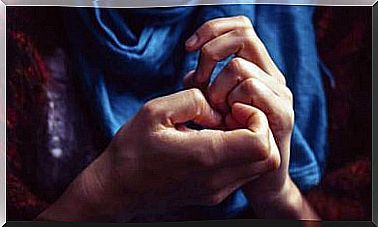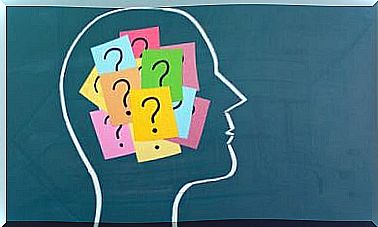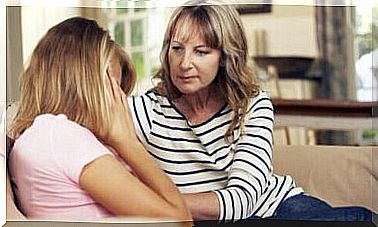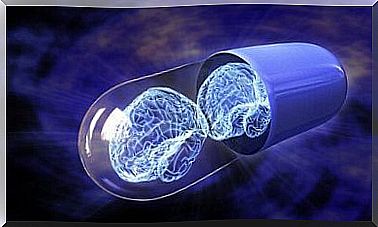Children Of A Depressed Mother
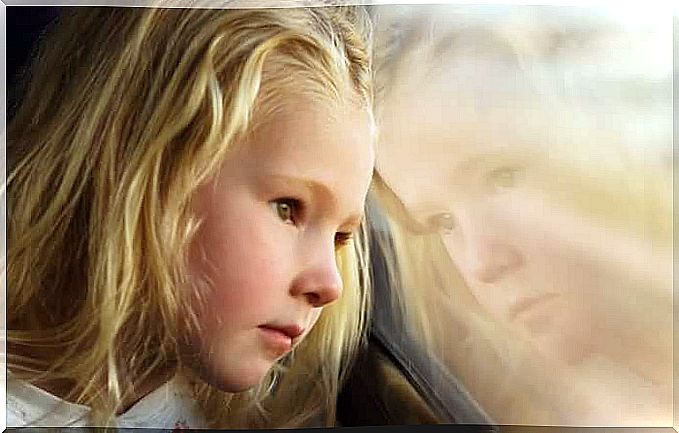
Human beings are to a large extent the product of our environment. The people who take care of us during our first years are of decisive importance in who we will be, they leave an indelible mark. So there are certain traits that differentiate the children of a depressed mother from others.
Some studies have shown that the brains of children of mothers with mental disorders differ from those of others. The amygdala is larger, although the neurophysiological cause is not yet known. The extent of its consequences is also not known. It has only been shown to be a condition that occurs in children with emotional deprivation. The incidence of a depressed mother is so great that it even leaves physical traces.
The depressed mother and her environment
Although this is unusual, some mothers may experience a period of depression after the birth of their baby. This is called postpartum depression. It is in part due to the hormonal changes associated with motherhood. But it is also a kind of update of the bond that every mother had with her parents when she was born. If it wasn’t positive, the sadness tends to intensify.
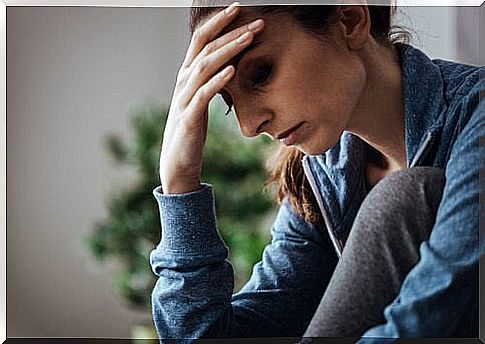
Postpartum depression usually goes away within a relatively short period of time. However, when there are other associated issues, the sadness can extend and deepen. Thus, the phenomenon of depressed mothers as a result of the process of raising children occurs. Other mothers were already depressed before gestation, and this condition intensifies with childbirth.
Of course, maternal depression doesn’t just appear around the time of having a child. This condition can occur at any point in life. However, the greatest impact on a child’s well-being occurs at critical times, such as the first years of life or adolescence.
The role of the child in depression
Sometimes the depressed mother gives her children the role of a “balm”. This means that it gives them a role in their problems: that of being a comfort to their sadness. Children become an oasis of well-being in the midst of the aridity of the emotional world of the mother.
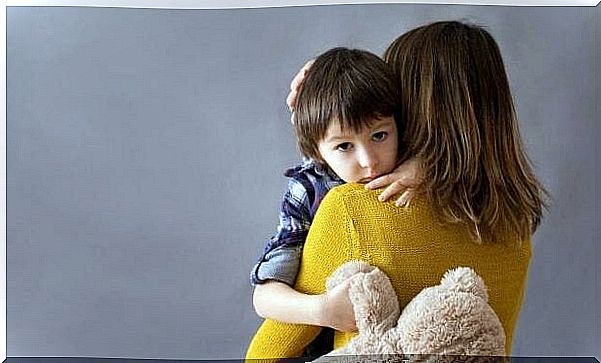
This can indeed be beneficial for the depressed mother. However, the consequences for the child can be negative in the long term. Unconsciously, the child learns to play a role that does not belong to him. He learns to “be for himself” and not “for himself”. In other words, he internalizes his mother’s needs and renounces the process of individuation.
Other times, the depressed mother does not perceive her child as a comfort, but as a burden. This is especially true for pregnancies that were not actively desired. These women may try to minimize their presence in children’s lives and limit their expressions of affection. They avoid the baby. They try to ignore their needs. This creates in the little one a feeling of strangeness and a great difficulty in giving meaning to his own existence.
The depressed mother and the teens
Adolescence is another of those sensitive stages, where the presence of a depressed mother can have a big impact. It is common for an adult’s depression to rival that of a child, resulting in a buildup of mutual guilt. The results of this interaction can become unpredictable.
Some teens turn the bond with their depressed mothers into a battlefield. There is no room for truces of any kind. Usually follows a succession of injuries of the two. Often in these dramatic scenarios everything culminates in exaggerated and insurmountable distances for many years.
There is also the case of children who, due to insecurity or excessive dependence, end up accepting to be blamed by the depressed mother. They then decide to repair the unfathomable pain they perceive in her. Dependence thus becomes symbiosis and is perpetuated over time. The umbilical cord stays in place, even until death.
A depressed mother may not be psychologically available to fully meet the emotional and sometimes physical needs of her children. So one of the best things they can do for themselves and their children is to treat their depression professionally. Otherwise, not only will it be more difficult for them to have children, but they may also cause long-term harm to young children.

